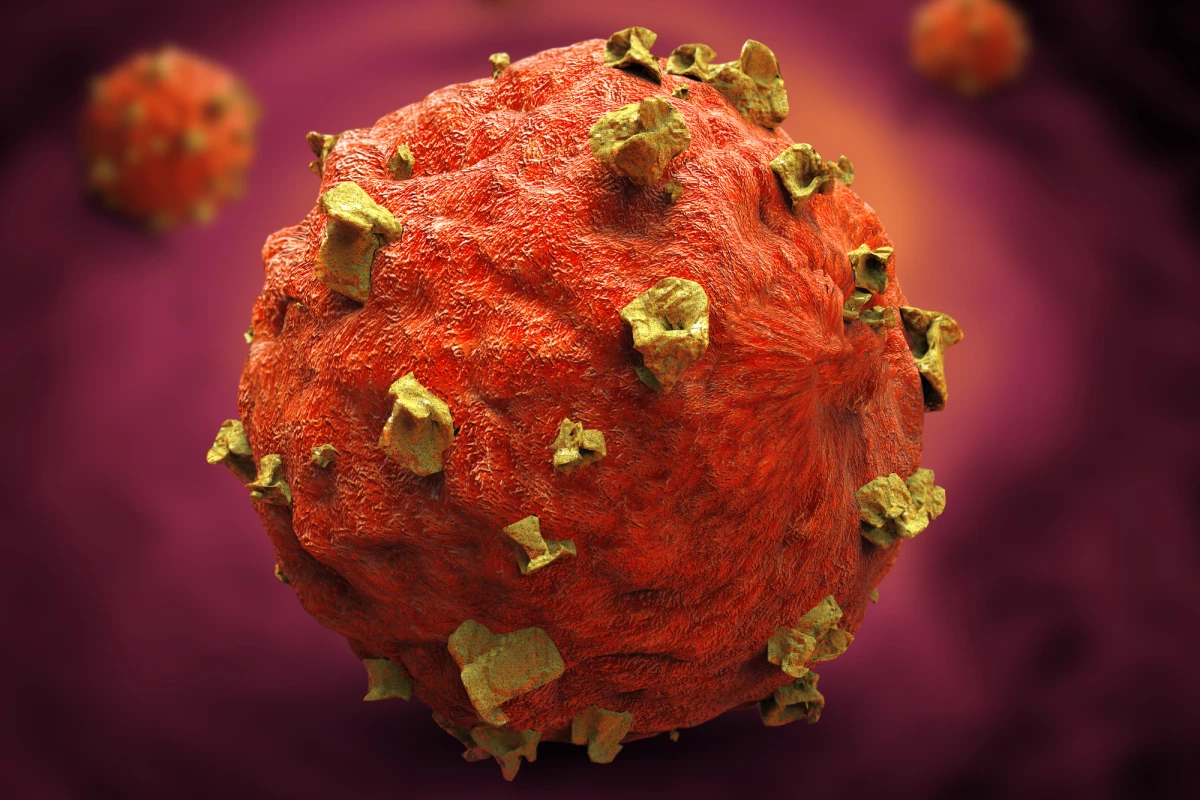Leveraging a newfound ability to identify the "fittest" metastatic cancer cells, scientists at the UK's University of Salford have discovered that an already approved drug can be deployed to cut off their fuel supply, while leaving normal healthy cells unharmed.
Metastatic cancer cells are dangerous, fast-moving cells cancer cells that have spread away from the primary site to other parts of the body where they can give rise to new tumors. These cells have often already survived chemotherapy and radiation treatments which makes tackling them difficult, though scientists continue to learn more about their behavior and how they might be targeted for better outcomes.
Research has shown that part of the reason these cells are able to resist treatments and spread throughout the body is because they are the fittest cancer cells, and therefore require relatively large amounts of energy. Building on this, the University of Salford scientists used an advanced biosensor to measure energy-carrying molecules in cells called ATP which, for the first time, enabled them to identify which of these cells are the "fittest."
Studying these cells in detail revealed that indeed the cells high in ATP were the most aggressive, and that these ultra-fit cells were almost five times more metastatic. From there the scientists were able to home in on the achilles heel of the cells, the mitochondria within them that produces ATP.
This in turn led the team to an FDA-approved drug called Sirturo, which is used to treat tuberculosis and works by targeting this process in bacteria. In vivo animal experiments showed that the drug could target the fuel supply of these ultra-fit cancer cells and selectively create a "power failure" in them, while leaving healthy cells unharmed. This blocked 85 percent of metastasis in the animal experiments.
"This simple idea has been right under our nose, all the time; ATP is a new marker for aggressive cancer cells and treatment failure," says study author Professor Michael P. Lisanti.
While there is much work to do to replicate these findings in human subjects, working in the authors' favor is the fact that Sirturo is already approved for use, which should shorten the path toward clinical trials.
The research was published in the journal Cell Death and Differentiation.
Source: University of Salford via MedicalXpress





